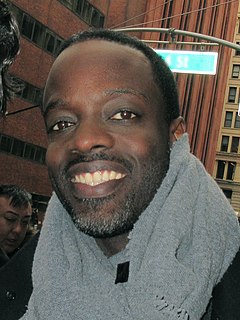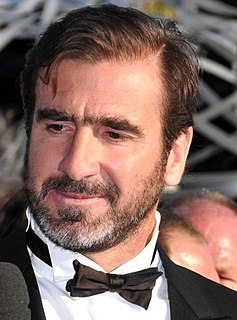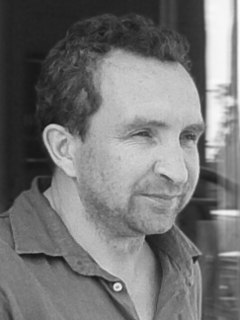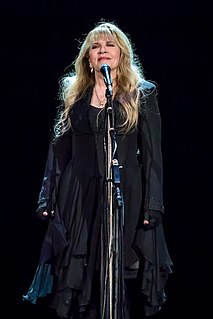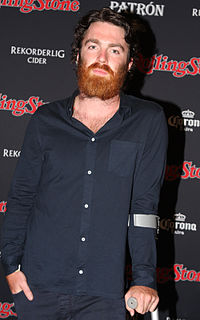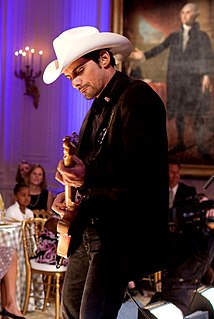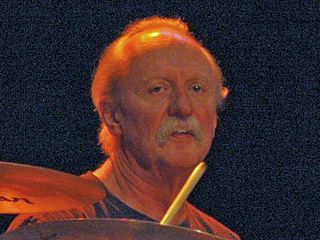A Quote by Juliette Lewis
Over time, I've loved jazz, Miles Davis and Chet Baker, then Janis and Jimi and Creedence, then classic rock.
Related Quotes
Have this Chet Baker movie coming out and in that situation, I went down the rabbit hole studying Chet Baker and being obsessed with the period and the music and the relationships and the dynamic, and everything, drug addiction. There was so much I wanted to get at to kind of get at the truth. With Regression, I was certainly in Alejandro's [Amenabar] hands.
I remember the first time I was booked into a jazz club. I was scared to death. I'm not a jazz artist. So I got to the club and spotted this big poster saying, 'Richie Havens, folk jazz artist.' Then I'd go to a rock club and I'm billed as a 'folk rock performer' and in the blues clubs I'd be a 'folk blues entertainer.'
Jazz stopped being creative in the early '80s. After your acoustic era, where you had the likes of the Miles Davis Quintet, when it gets to the '70s it started being jazz fusion where you had more electronic stuff happening, then in the '80s they started trying to bring back the acoustic stuff, like Branford Marsalis and the Wynton Marsalis & Eric Clapton sextet. It started dying down from there. Miles was still around in the '80s and he was still being creative; he was playing Michael Jackson songs and changing sounds, but a lot of people were still trying to regurgitate the old stuff.

